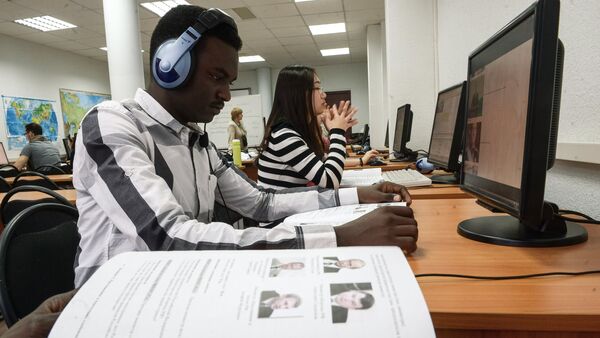Area9 Learning, a company which has offices in Denmark and the US, has come up with a “biological” adaptive engine which helps to personalize training content at the point of delivery, giving every learner a tailored experience.
Here is Nick Howe, the company’s Chief Learning Officer explaining the concept of adaptive learning in a Youtube video: “Traditional learning teaches content and then asks questions to test whether the learner has learned anything or not. If you turn that on its head, you get adaptive learning. So, we ask formative questions, we teach by asking questions. And based on the answers to those questions we then decide, should we carry on asking more questions, or should we teach the learner content, should we have a timeout.”
Area9 Learning is confident that its technology can be used in the automotive, health care, and food production sectors, as well as in retail,,hospitality and other industries.
Nick Howe says that thanks to adaptive learning each worker will be giving back to his employer at least a week’s worth of productivity annually: “We can look at the results we’ve had in academia. We can translate those directly into the workplace. Pretty much across the board, regardless of job function, we saw the amount of time people spent training drop by 50%, yet they achieved similar or better levels with the mastery and proficiency of the subjects they were studying.”
As the world is moving towards a knowledge-based economy, lifelong learning and adaptive learning are becoming more important. Employers place their bets on quality and context, rather than just on the quantity of training courses. So if you want to succeed and to grow professionally, learn about new training methods, and get prepared for frequent changes in your workplace environment and in your career path in general.
We'd love to get your feedback at radio@sputniknews.com.



